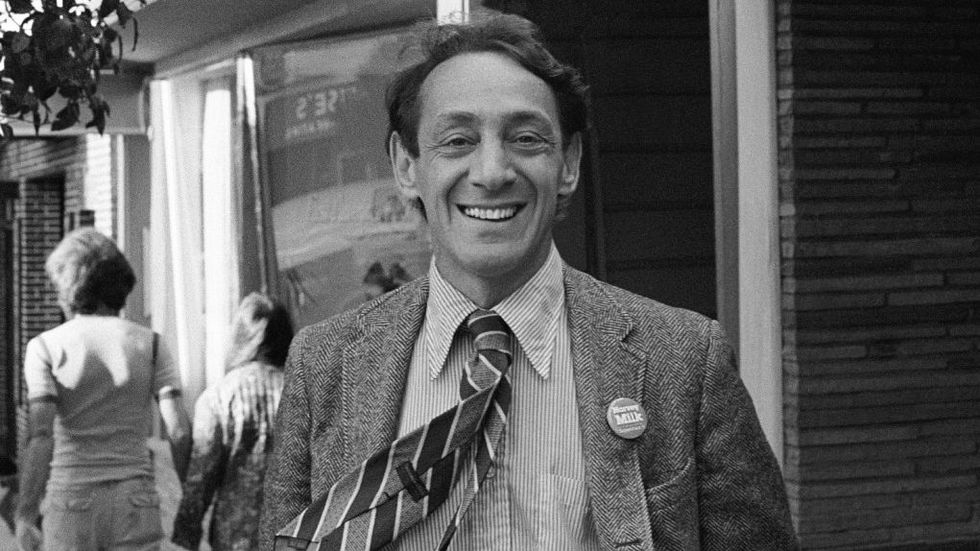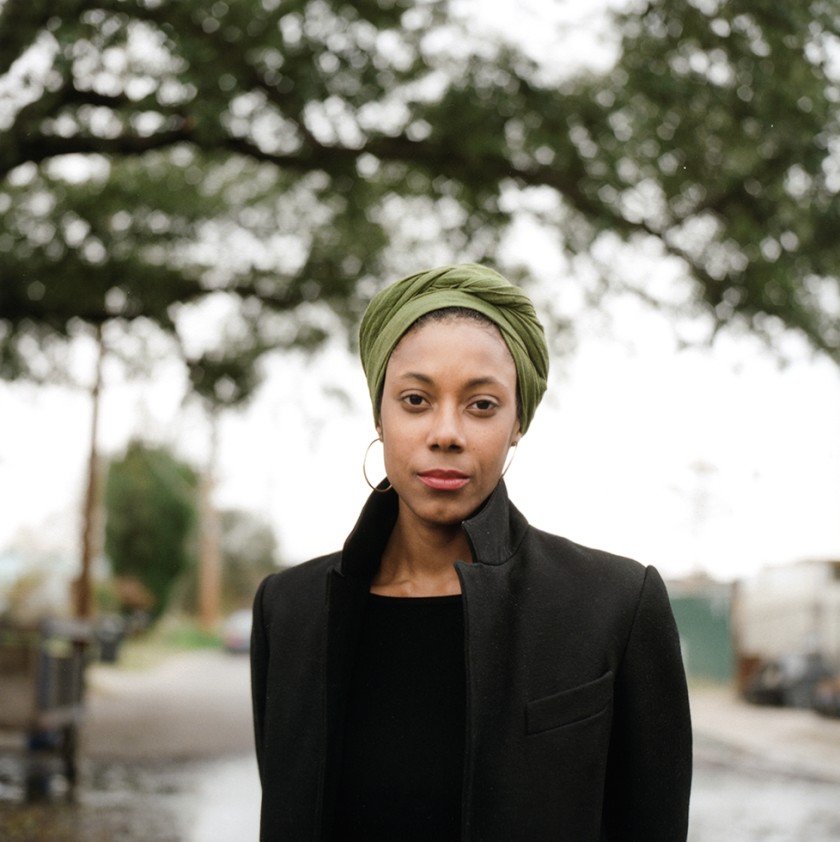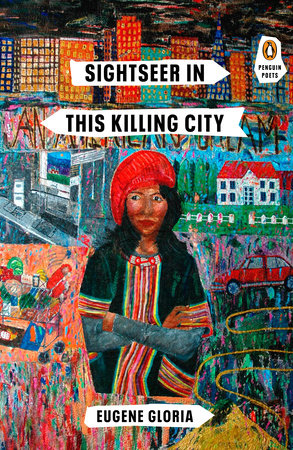In 1970, Harvey Milk, a boisterous, restless New Yorker, turned 40 without a sense of having accomplished much. But in the handful of years that remained to him, Milk moved to San Francisco and remade American politics and identity.
Posthumously, his grin landed on a postage stamp, and the U.S. Navy, in which he served, is scheduled in 2021 to christen a logistics ship after him. Even before these two honors, Barack Obama in 2009 awarded Milk the Presidential Medal of Freedom, saying, with a smile, “His name was Harvey Milk, and he was here to recruit us – all of us – to join a movement and change a nation.”
Obama was slyly riffing on Milk’s political catch-phrase – “I’m Harvey Milk and I’m here to recruit you!” – itself a clever subversion of the long-standing hysteria that gays sought to recruit straights into their beds.
But beneath these accumulating accolades was a complex man, writes historian Lillian Faderman in her elegant and informative new biography, Harvey Milk: His Lives and Death.
In her opening sentence, Faderman calls him “charismatic, eloquent, a wit and a smart aleck,” who was “one of the first openly gay men to be elected to any political office anywhere.” A year before his 1978 assassination, Milk was elected to the San Francisco Board of Supervisors, the city’s legislative council.
Faderman, who won an Anisfield-Wolf Book Award in 2016 for The Gay Revolution: The Story of the Struggle, is well-positioned to contextualize Milk’s life, or, as she sees it, his many lives: a macho high-school jock, a Navy deep-sea diver, a high school math teacher, a Wall Street securities analyst who leafletted for Barry Goldwater, an actor, a hippie, an associate producer, a gofer for a Broadway celebrity, a businessman and in mid-life, a progressive politician.
“For Harvey, being in politics was much like being in the theater,” Faderman writes. “His old Broadway pal Tom O’Horgan understood that: ‘Harvey spent all his life looking for a stage,’ Tom would later say, “and when he moved to San Francisco, he found it.”
This biography, a crisp 283 pages, is the latest entry in the much-honored Jewish Lives series from Yale University Press. Faderman knits Milk’s Jewish identity – his grandfather was a Yiddish-speaking peddler who emigrated from Lithuania – with his politics on behalf of the oppressed, from championing rent control to San Francisco’s disinvestment from apartheid South Africa.
And like his contemporary Philip Roth, who grew up in a suburban section of Jewish Newark, Milk’s childhood in his mother’s kosher house on Long Island was marinated in American Jewish identity.
The same photo used on the postage stamp graces the cover of Faderman’s book. It shows Milk in 1977 standing outside his Castro Street camera store. His tie is flipping over in the breeze, a campaign button nestles on his tweed lapel, his eyes hooded, his smile jaunty and – viewed from this century – slightly beatific.
With her signature meticulous research, Faderman reconstructs Milk’s life through interviews, unpublished documents, letters and archives. In clean, declarative sentences, she paints a fascinating portrait of a man who had real enemies, real sadness and an irreverent joie de vivre.
When Milk and his partner Scott Smith signed a lease in 1973 on the spot for their camera store, they hung a placard in their Castro St. window: “We are VERY open.” In their apartment, Milk placed in the window a lavender-leafed Wandering Jew, a symbol that he and Smith had found a home.
Such details animate Faderman’s book. During Milk’s first quixotic run for the Board of Supervisors, “the San Francisco Examiner featured a picture of him that made him look like a weird cross between a hippie and a Hasid, with long sideburns that could be mistaken for peyas.”
Milk actually printed the word “soap” on a wooden box and held forth from atop it in a little plaza on Castro Street. Legendary newspaper columnist Herb Caen quipped that Milk “was running for Supervisor on the homo ticket, and I don’t mean homogenized.”
From these unpromising beginnings, Milk doggedly moved from the fringes to the center of municipal power. “His energy had no limit.”
As with “The Gay Revolution,” Faderman has provided the general reader a marvelous, new, definitive text, the first biography of Milk with footnotes. In a political era when the democratic institutions of the United States are stressed, it is illuminating to read a careful account of one complicated, flawed and exceptionally brave man who used them to advance justice.
A few months before fellow-Supervisor Dan White stalked and shot Milk dead, Harvey Milk made a tape recording. “If a bullet should enter my brain,” he said, “let that bullet destroy every closet door.”



